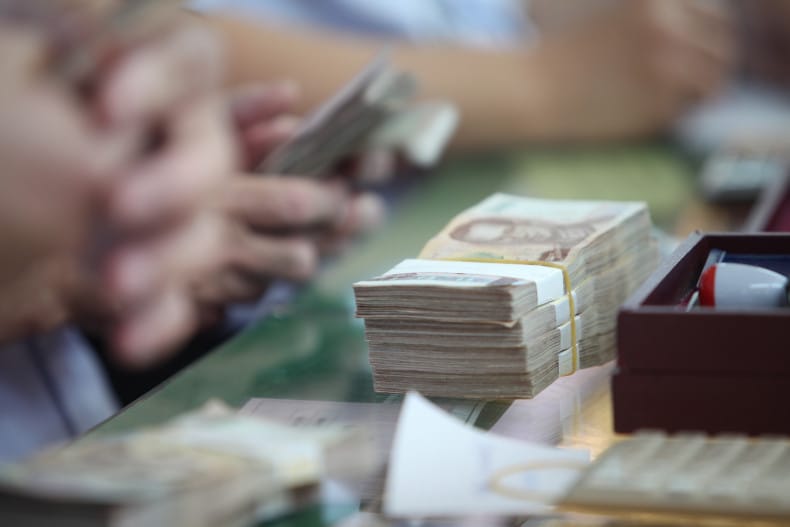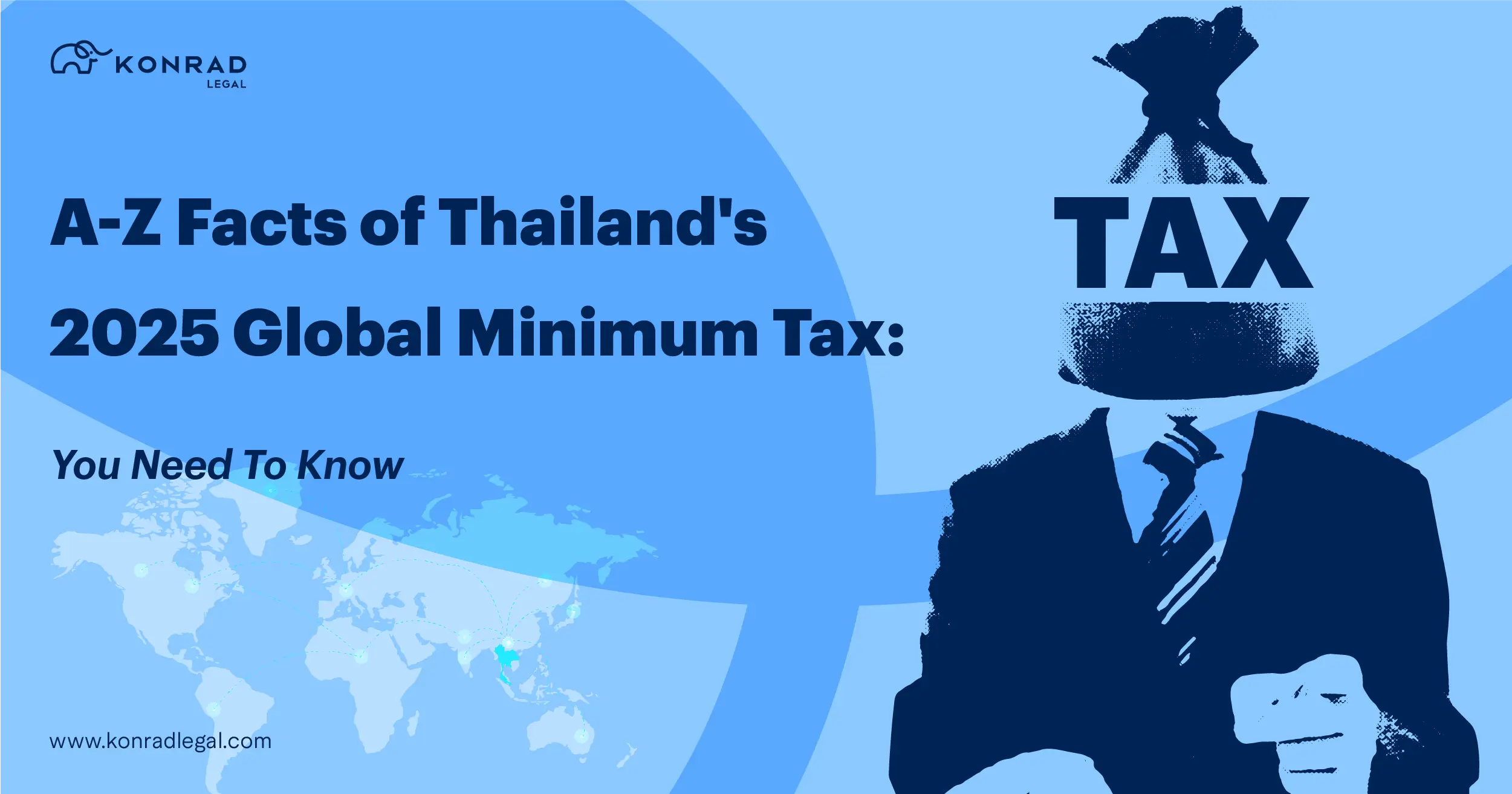Samuel, a British investor, was eager to expand his 25-year-old gem and jewelry business into Thailand. Confident in his firm’s tax-compliant operations, he planned to shift the operations by January 2025. However, his excitement turned to shock; when he learned about Thailand’s 2025 global minimum tax.
Under ‘Pillar Two’ of the OECD’s Base Erosion and Profit Sharing (BEPS) 2.0 framework, an MNE with total revenue exceeding EUR 750 million is subject to a 15% global minimum tax.
Let’s learn key facts about the ‘global minimum tax’ impacting foreign investors in Thailand!
What is a global minimum tax?
OECD defines a global minimum tax as:
“ the minimum level of tax from the income earned by a firm in the respective jurisdiction operated..”
Thailand already imposes a 20% corporate income tax on foreign companies earning above THB 3,000,000. However, the global minimum corporate tax of 15%, introduces a shift toward economic development with MNEs.
Therefore, what is the possible reason behind such strict action?
Purpose
The Thai Revenue Department aims to preserve the national interest by building a fair taxation policy. Additionally, under the Targeted Industries Act, B.E. 2560:
“MNEs in Thailand must allocate 50% to 70% of their revenue to the ‘National Competitiveness Enhancement Fund“
Similarly, Thailand aims to reduce shifted profit under the ‘Pillar Two’ regime by half through a ‘top-up tax.’ Hence, it encourages MNEs to invest more in economic activities-based operations.
Factors of Thailand’s Global Minimum Tax

Domestic Minimum Top-Up Tax (DMTT)
This tax came under effect from GLOBE (Global Anti-Base Erosion) for foreign enterprises operating in Thailand. Besides, a foreign investor’s filing deadline is set to 15 months, requiring compliance with the Thai Revenue Code. Under Section 26 of the Emergency Decree, companies with a global turnover of more than 750 million euros fall in this category.
Income Inclusion Rate (IRR)
Thailand’s ‘International Parent Entities’ to ‘Partially-Owned Parent Entities’ must comply with the rule.
Under-taxed Payment Rules (UTPR)
According to the UTPR regime, each MNE group in Thailand must pay tax on revenue earned from low-tax jurisdictions. Hence, the UTPR allocation is based on respective net GLOBE income calculations.
Furthermore, to learn about corporate income tax in Thailand, check Corporate Income Tax Services
Benefits
- Economic Stability to ensure fair taxation and transparency globally
- Generation of revenue exceeding 10 billion baht per year
- Discourage other governments to promote a low-tax climate for MNEs
Under the Top–Up Tax Act B.E. 2567 (2024), the following entities are excluded from the new tax regime of Thailand:
- Government entities
- Non-governmental organizations (NGOs)
- Pension funds
- Ultimate parent entities (UPEs) established in Thailand

Penalties
Caution: Any tax rule overlooked by foreign investors in Thailand will lead to severe penalties.
- A 1.5% surcharge is imposed every month for not complying with Top-up tax regulations.
- A 100% penalty for inaccurate tax filling
- A 200% penalty on failure to submit top-up tax notifications to the Thai Revenue Department
Refund
As a foreign investor, you can claim a refund only if you pay excess top-up tax. However, you must claim the refund within three years of the last date you submitted your tax return.
Key Takeaway
Finally, an MNE in Thailand must ensure a global minimum tax of 15%. Hence, a DMTT should be filed with the Thai Revenue Department within 15 months.
At Konrad Legal, we specialize in helping foreign investors structure their entities in full compliance with Thailand’s taxation laws.



